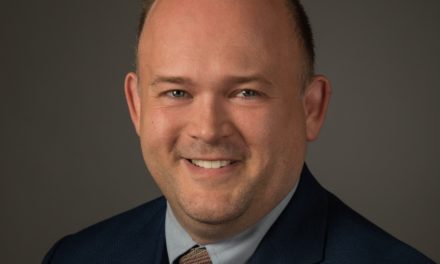
A hydraulic fracturing operation at a Marcellus Shale well. By US Geological Survey [Public domain], via Wikimedia Commons
While the lack of mortgageability and insurability may seem a minor consequence, the lack of mortgageability means a potential buyer would need to pay cash or other cash-equivalents for the property, or the owner would not be able to sell the property because a mortgage would not be allowed. In addition, the inability to insure a property prevents a homeowner or investor from protecting their investment. If the owner is holding this real estate for investment purposes or as a type of generational wealth, for example, then these concerns may lock the owner into the property without an exit strategy. Of course, further complicating this issue is the presence of a split estate, where if homeowners happen to be the owners of underground resources, they can be compensated with royalties if they allow others access to those underground resources.
We first covered the issue of insurability as it relates to shale gas and oil development here nearly four years ago. We followed up with additional research last year. At the time, the focus was on homeowner and business policies. Reading the 2012 Nationwide press release closely, however, one will notice that “commercial lines” were included in their discussion of what is and what is not covered in their policies. Recently, this issue of commercial insurance coverage and how it relates to fracking arose again, with a particular focus on insurance coverage for oil and gas companies. Insurance companies are now saying that they will not cover damages incurred by oil and gas companies that participate in fracking activities. A recent article by Courthouse News discusses the legal battle currently underway involving two different interpretations of an insurance policy by underwriters at syndicates of Lloyd’s of London and the insuree, Oklahoma-based New Dominion.
According to the article, “The underwriters are represented by Lorin Donnelly of Milber Makris Plousadis & Seiden in Woodbury, N.Y. Their case has been assigned to Judge Denise L. Cote.”
Needless to say, this is an interesting development that we will continue to follow.





Recent Comments